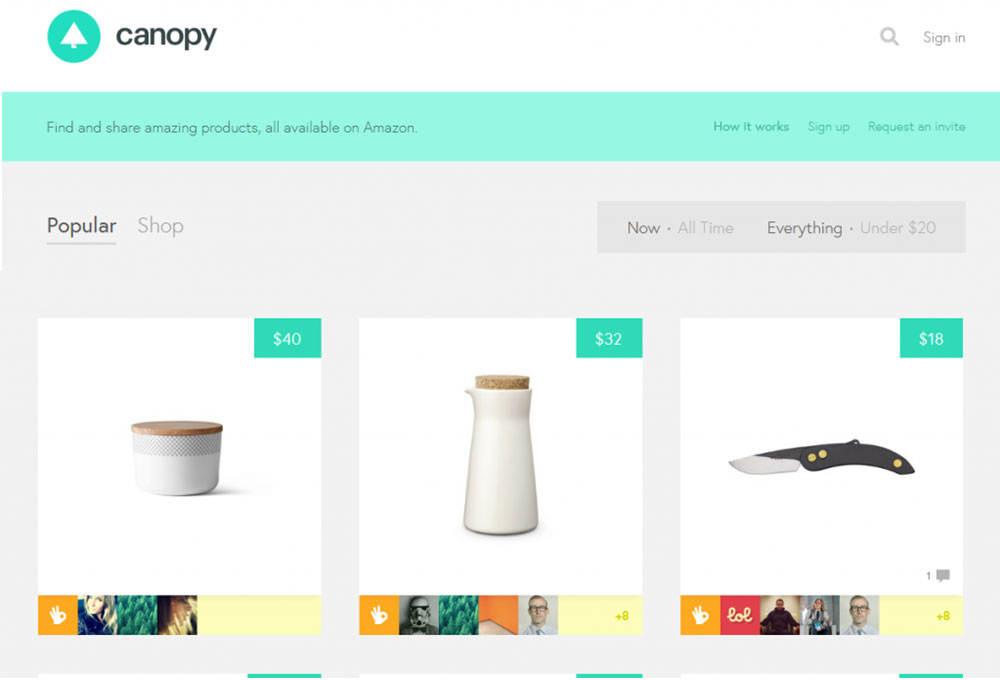Internet Marketing Through Google Penguin And Panda
- By
- PostedSeptember 9, 2013
With the well known Google Penguin and Panda up-dates taking apart and devaluing various link-building techniques, many SEOs have instantly hopped ship to content technique.
Using quality content to better the web, especially from an SEO viewpoint, is a royal task, but it comes with a number of choices that are not always easily intuitive: where to post, on what foundation, and to whom? These are concerns that online internet marketing “community.” While the choices made are often those in the interest of increasing visitors or grip, the actual value of responding to these concerns seems difficult at its best.
Content, and the technique that encompasses it, can be challenging and wonderful factor – but it isn’t the be all, end all.
The concept of “community” has already taken hold in public and material techniques. Powerful weblogs, information, pinboards, and Facebook or myspace Webpage as social media marketing are identified as well-established, with readers in millions.
Any qualified SEO knows that a powerful content technique is important to today’s current digital marketing consultant and strategies, where public alerts and Google authorship are beginning to impact keyword rankings. But while we can recognize content’s weight – its considerable part in SEO – the areas designed around giving and permitting this material seem a bit hokey.
That’s right. Not quite a scam, but hokey.
Others First Before Yours
Craig Mod lately launched his ideas on public networks in his content, Our New Shrines. The post details a process where a Facebook or myspace Web page can be the kick off point for a “shrine,” his name for “product.” Not the other way around.
The content describes how a growing group of 4 million customers has established around this site, apparently in wait for products or services to appear. Mod happily makes this function of internet marketing – group first, shrine later – a novel solution to making a digital empire.
The problem is that these public networks can and will continue to be defrauded. While Facebook or myspace has confident that they will improve trash recognition, as a result of a start-up claiming 80 % of their visitors were sent from crawlers, we might begin to feel doubtful of these public networks – these techniques. Because really, how can “content be king” when its empire is unruly? I’m not entirely confident, and you should not be either.
But there is something attractive about Mod’s concept of concentrating on a powerful group before advertising, perhaps even creating, products or services. So attractive that it goes beyond public marketing, beyond material technique, where group is generally thought to live. With such a focus on group in modern on the internet marketing, it might be best to address where exactly areas can be designed, or better yet, where areas already are available.
Heads up. The gap between public networks and areas themselves is consolidating.
Remembering Community
When we talk about public networks, I’m preoccupied by the actual life – by actual areas. Those on the internet are naturally there to confirm, share, ideas, evaluate, react and give rise to material.
But it is not always these same areas that are actually looking for material. Real individuals are. On their PCs, their pills and their cellular phone devices. They need not sign-up or follow; pin, friend nor like. And the factor is, they are looking in an instant – on vagaries – from the comfort of their reclining chair or out and about in public.
Google lately launched a market research revealing that 80 % of cellular concerns are performed in the sporadically. Significance, a lot of concerns – 34 % of concerns are performed on “the screen that is nearest,” likely a smart phone – are brought on by something unnecessary.
While it is not the year of the cellular yet, it looms. And behind it comes the value of regional google search.
Usurping the Crown
Spontaneous and regional google search require context: where individuals are looking from, and why. While these features might be unmanageable, understanding them will help art SEO, make it more significant and nearer linked with material.
Instead of asking, “What, where, who?” we need to extend our opportunity as to why, and which areas are looking for our material or services out. As more concerns become localized, so too must be the way we strategy SEO.
Without suggesting in giving up public networks completely – hokey Facebook or myspace Webpages are but one example – SEOs need to look beyond customers that are apparently active within these techniques. While Google is obviously consolidating its attractions on link-building, the ways in which material is propagating are doubtful.
Take these values about group and apply them to your other digital marketing techniques. Tell yourself that individuals are out there – others who live nearby, not blog owners – looking. And they are looking for you.











